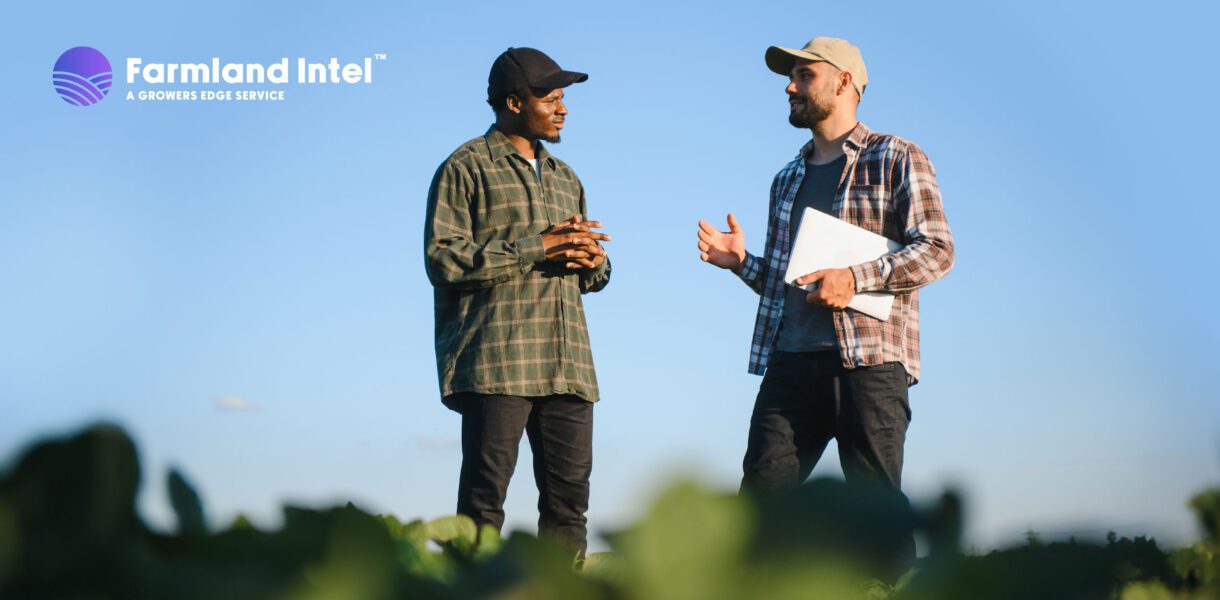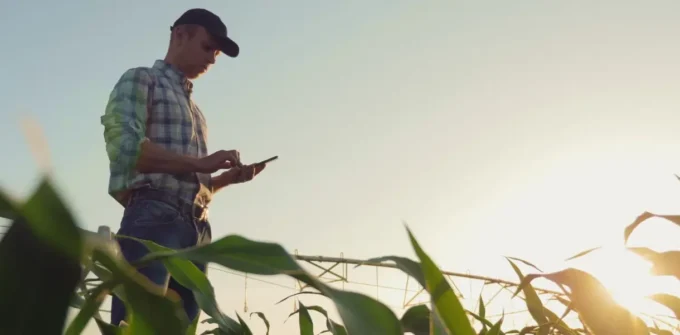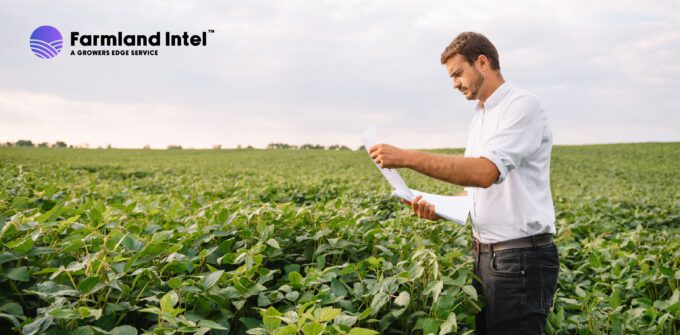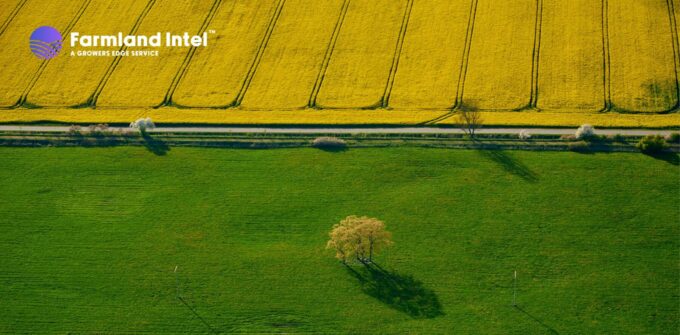According to the USDA Census of Agriculture, about 39% of all U.S. farmland is rented, while the remaining 61% is owned. A closer look reveals that leasing has become a common entry point for many new farmland investors, offering flexibility without having to shell out a lot of cash upfront. That leaves a significant portion of land owned by experienced operators, multi-generational landowners, and long-term investors focused on building equity.
Both paths offer growth opportunities, no matter where you’re starting from. So, which is better, leasing or buying farmland? Like all investments, it comes down to the numbers. In this article, we’re giving you the data behind the ROI on leasing farmland and the ROI on buying farmland, so you can decide which makes sense for your operational and investment goals.
What ROI Means for Landowners
How much value or profit you gain as a farmland investor depends on four factors:
- Crop profits or lease income
- Land appreciation
- Equity accumulation (if buying)
- Operating and holding costs
These factors are the base for pulling the data you need to understand the ROI of land. What you’ll find is numbers on land productions, costs of leasing and selling for similar land, and local market trends. One of the easiest ways to find this information is through Farmland valuation tools, which provide the context you need to compare leasing or buying farmland.
Comparing the ROI of Leasing vs. Buying Farmland
There’s no one-size-fits-all answer to leasing versus buying farmland. The right choice depends on your finances, risk tolerance, and time horizon.
Think through these factors when making your decision:
Costs vs Benefits of Leasing Farmland
Are you looking to scale fast, limit risks, or desire flexibility? Leasing is often the choice for new investors or younger farmers who still need to build their operational experience but want to benefit from the lucrative farmland market.
Costs: Annual rent ($250/Acre) with inputs like seed and fertilizer
Benefits: Less risk, easier to scale, no long-term debt
Example:
- 100 acres leased at $250/acre =$25,000
- Crop revenue = $450/acre; operating costs = $200/acre
- Net profit = ($450 – $200 – $250) x 100 = $0
- ROI = 0% (break-even, but scalable and lower risk)
Even small yield gains or better lease terms can improve ROI quickly due to low capital outlay.
Costs vs Benefits of Buying Farmland
To get the level of ownership, control, and long-term appreciation, buying requires some capital. That’s why those high USDA Census of Agriculture stats lean towards experienced operators and long-term investors as far as who’s buying.
Costs: Land price ($10,000/acre), taxes, insurance, upkeep
Benefits: Equity growth, asset control, income potential
Example:
- 100 acres at $10,000/acre = $1,000,000
- Crop profit = $25,000/year; land appreciation = $30,000/year
- Total return = $55,000
- ROI = 5.5%
The return is slower but backed by an asset that gains value over time.
Leasing vs Buying at a Glance
| Leasing | Buying | |
| Upfront | Low | high |
| Flexibility | High | low |
| Asset Ownership | None | full |
| ROI Type | Short-term cash flow | Long-term asset growth |
| Best For | Scaling fast | Building long-term value |
How To Track and Improve ROI Over Time
ROI isn’t something you calculate once and never revisit. Over time, you’ll learn that tracking yield performance, land conditions, lease terms, and market trends consistently will give you better insight into long-term growth.
That’s where tools like Farmland Intel make a difference in your investment. With in-depth data on historical yields, lease comps, and land valuation insights, you can compare opportunities with high returns.
Ready to find your next opportunity to lease, rent, or both? Let Farmland Intel help you get the data you need to invest in lucrative land.



